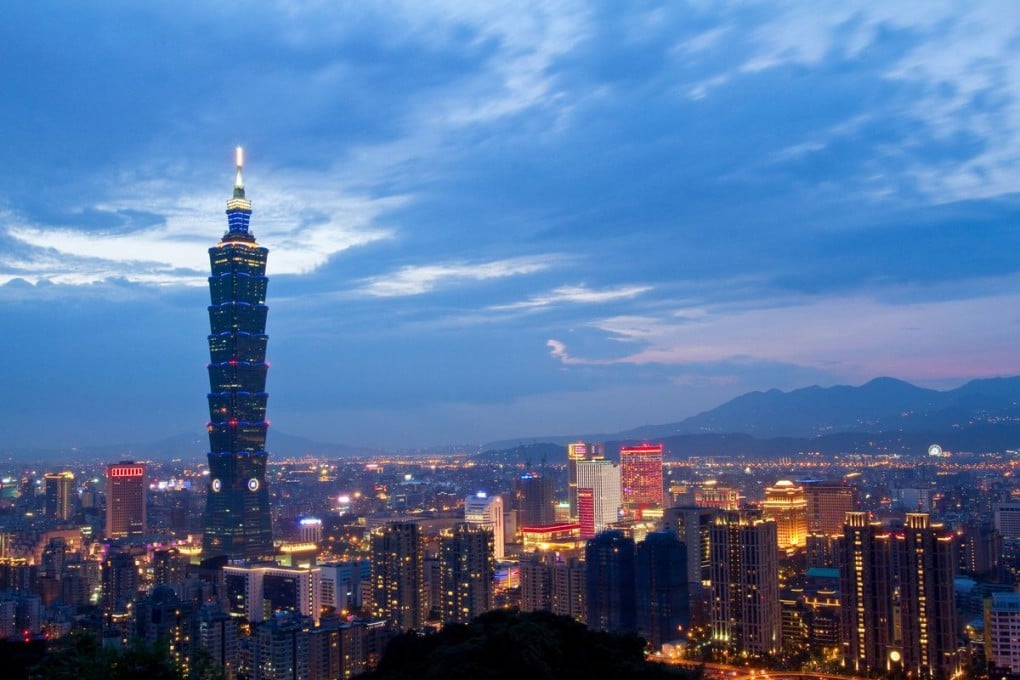Time to spread island's wealth
Taipei challenged to transfer economic innovation and success to the social sector, writes Euan McKirdy

Across the Taiwan Strait, there is a real appetite for growth, largely fuelled by the tech sector - something that is having a knock-on effect on social enterprises (SEs) that have the potential to fill the gap left by a sluggish public sector.
However, despite a burgeoning economy - bolstered by the ever-improving trade environment with the mainland - social issues in Taiwan remain. The island has a social insurance system that provides medical, disability, old-age, survivor and other benefits - partly due to cultural mores, where the family retains primary responsibility for care - but the social welfare network in Taiwan, as in Hong Kong, remains underdeveloped.
This is an area where Hong Kong and Taiwan could learn from each other, and blend best practices from the East and West - their different histories lending unique perspectives - and could lead the region in social innovation. While small in number, some of Taiwan's SEs are gaining some exposure and changing the way Taiwanese view business.
Taiwan's agricultural background and embrace of organics could be a huge boon to Hong Kong, given the lack of agricultural land in the city and a local distrust of agricultural practices on the mainland. The Taiwan Farmer group, which promotes fair trade, is one such example. Boasting a diversity of Taiwanese agricultural products, the group uses all profits to support local communities and indigenous groups.
The sustainable Sun Moon Lake farming and fisheries park is another Taiwanese SE that benefits local communities while educating people about alternatives to industrial food production.
The Taiwanese economic story is a remarkable one - the island has transformed itself from a poor, agricultural economy to one that, from the 1960s, became a major exporter of labour-intensive products, largely thanks to overseas investment.
Since the 1980s, the focus has shifted towards increasingly sophisticated, capital-intensive and technology-intensive products for export, and Taiwan has an enviable hi-tech industry that thrives at all levels of the production process, from design and programming to manufacture.
